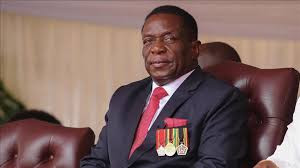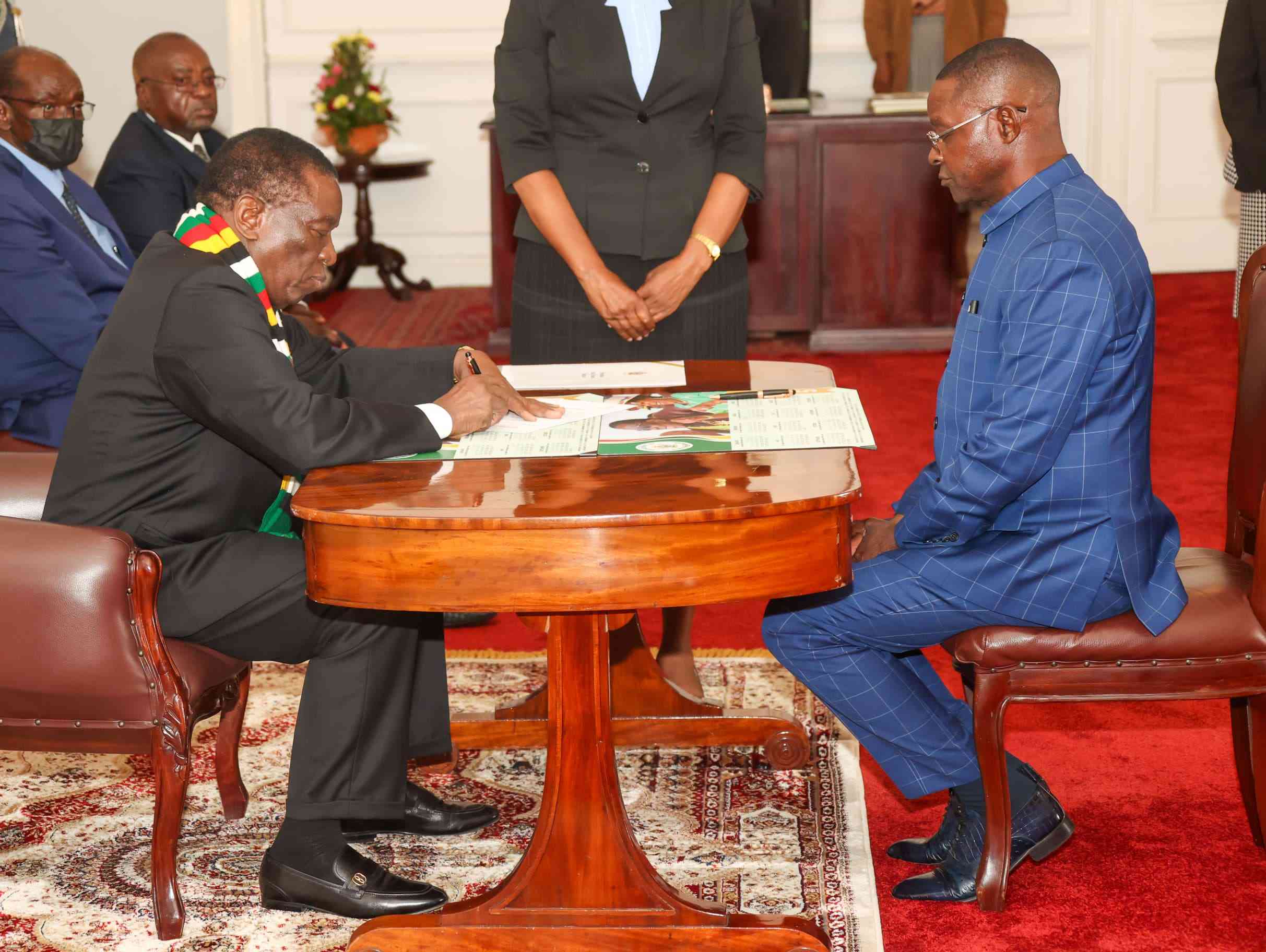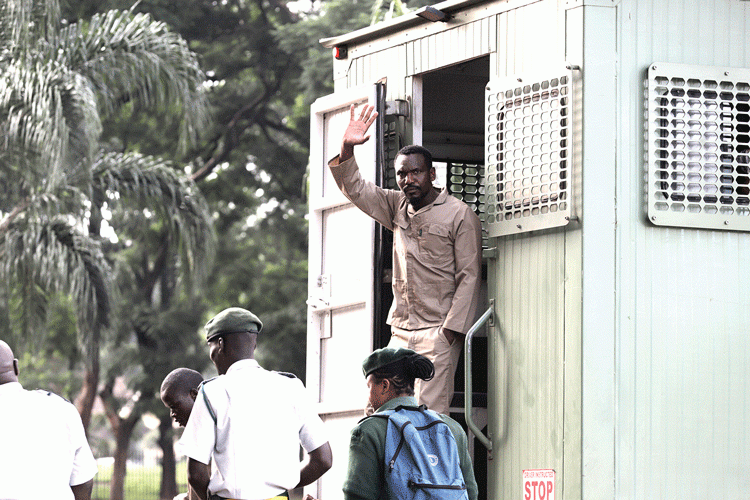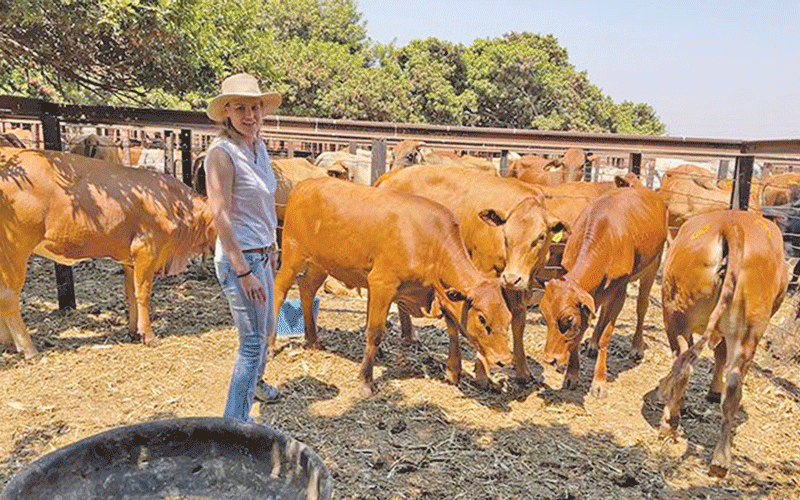PRESIDENT Emmerson Mnangagwa could turnaround the country’s economy and may deliver sufficient economic gains in the next few months, a new report by a United Kingdom-based business intelligence consultancy firm, Alaco Limited, has revealed.
BY MTHANDAZO NYONI
In the Alaco Insight Report: Key players in Zimbabwe Speak of Economic Hopes, the consultancy firm said Mnangagwa would fix the country’s economy, judging by his partial repeal of the Indigenisation and Economic Empowerment Act and pledge to compensate and reintegrate white farmers who lost their livelihoods during the land reform programme.
Alaco Limited is a business intelligence consultancy based in the UK.
The consultancy conducted interviews with Zimbabwean officials in business, industry and farming and all were optimistic that Mnangagwa would turn around the country’s economic fortunes.
Commercial Farmers’ Union of Zimbabwe president Peter Steyl said he has been encouraged by Mnangagwa’s offer of compensation to white farmers — currently being calculated — and plans to reintegrate them into the Zimbabwean agricultural sector, the backbone of the economy.
Keep Reading
- Chamisa under fire over US$120K donation
- Mavhunga puts DeMbare into Chibuku quarterfinals
- Pension funds bet on Cabora Bassa oilfields
- Councils defy govt fire tender directive
“For every job created on the farms, at least seven jobs are created in the value chain,” he said.
While it was early days, Steyl said the message he was getting is “that farming will be down to people who can farm and that (land) won’t be handed out on a patronage or colour basis. I do see a more integrated agricultural system going forward.” Zimbabwe-South Africa Forum president Anele Ndlovu said his members were already looking for foreign partners and “gunning for big things” in the mining, energy and infrastructure sectors, as well as targeting stakes in public enterprises.
He said the diaspora business community was excited about the changes taking place in the country but are also wary of potential obstacles.
Association for Business in Zimbabwe chief executive, Victor Nyoni said Mnangagwa has a lot of work to do.
“The economy has been destroyed. Unemployment is around 90%, industrial capacity is operating at below 50% and most of the companies in Zimbabwe are using archaic machinery and require retooling,” he said.
“We never want to see (Indigenisation and Economic Empowerment Act) again in our economy,” Nyoni said, pointing out that it “scared away” investors.
Nyoni said the President has spoken on the need to improve the ease of doing business in the country and identify other pieces of legislation that are causing companies problems.
“Ministers have been consulting us on what it is we want to see changed in the context of business. We are struggling as we speak. We are even unable to pay for imported raw materials because of the lack of foreign currency.”
He said liquidity would begin to improve once the economy showed signs of recovery and the country receives lines of credit and foreign direct investment.
Confederation of Zimbabwe Industries president, Sifelani Jabangwe, said despite what the economy has been through, certain fundamentals were fairly positive.
Mnangagwa was sworn into office as President in November through a military-assisted transition which ousted Robert Mugabe from power after 37 years at the helm.
Mnangagwa has promised to undertake reforms, saying Zimbabwe is open for business.





